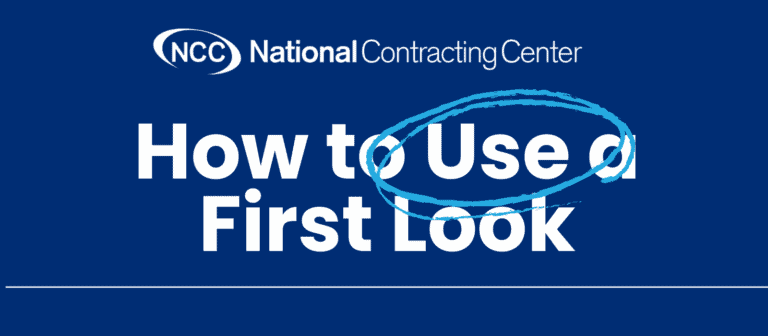As an agent focused on the senior market, you get the opportunity to get in front of a lot of people. According to Pew Research Center, 10,000 people turn 65 every day here in the U.S. While you are helping seniors enroll in health insurance, why not take the opportunity to look at the rest of their financial house? Many baby boomers have done a good job of accumulating assets for retirement however; most do not have a strategy for turning those assets into income.
If your clients want to turn savings into a stream of income, annuities may be your solution.
Here are some questions to ask when speaking to your clients about funding their retirement:
1.) Are they concerned about losing their retirement savings?
Fixed annuities offer a guaranteed rate of return (even fixed indexed annuities). Clients can invest their money knowing they will not lose their principal. This is especially important to clients with a low risk tolerance who are afraid of losing money in the stock market.
2.) When do they need access to their savings?
Do they need it now or later? Annuities fall under two categories: immediate or deferred. Immediate annuities immediately turn a lump sum payment into a stream of income, while deferred annuities earn interest and defer those payments until a later date. Make sure you know what your clients’ needs are: do they need income now, or are they willing to let their assets grow and draw on them later?
3.) Do they still need life insurance?
Life insurance is still valuable after retirement. For many retirees, some or all of their life insurance was provided by their employer. When people retire, they think “I don’t need life insurance anymore.” Is that really true? Do they have specific debts or expenses that need to be paid off at their death? Do they have a desire to leave assets to family, friends or a specific charity or church?
Life insurance can make sure these obligations are met, no matter how long they live. People are living longer and longer in retirement and there is a great deal of concern about having enough income to last their retirement years. If you add on top of that the desire to have funds available at their death then you need to be having a conversation around life insurance.






